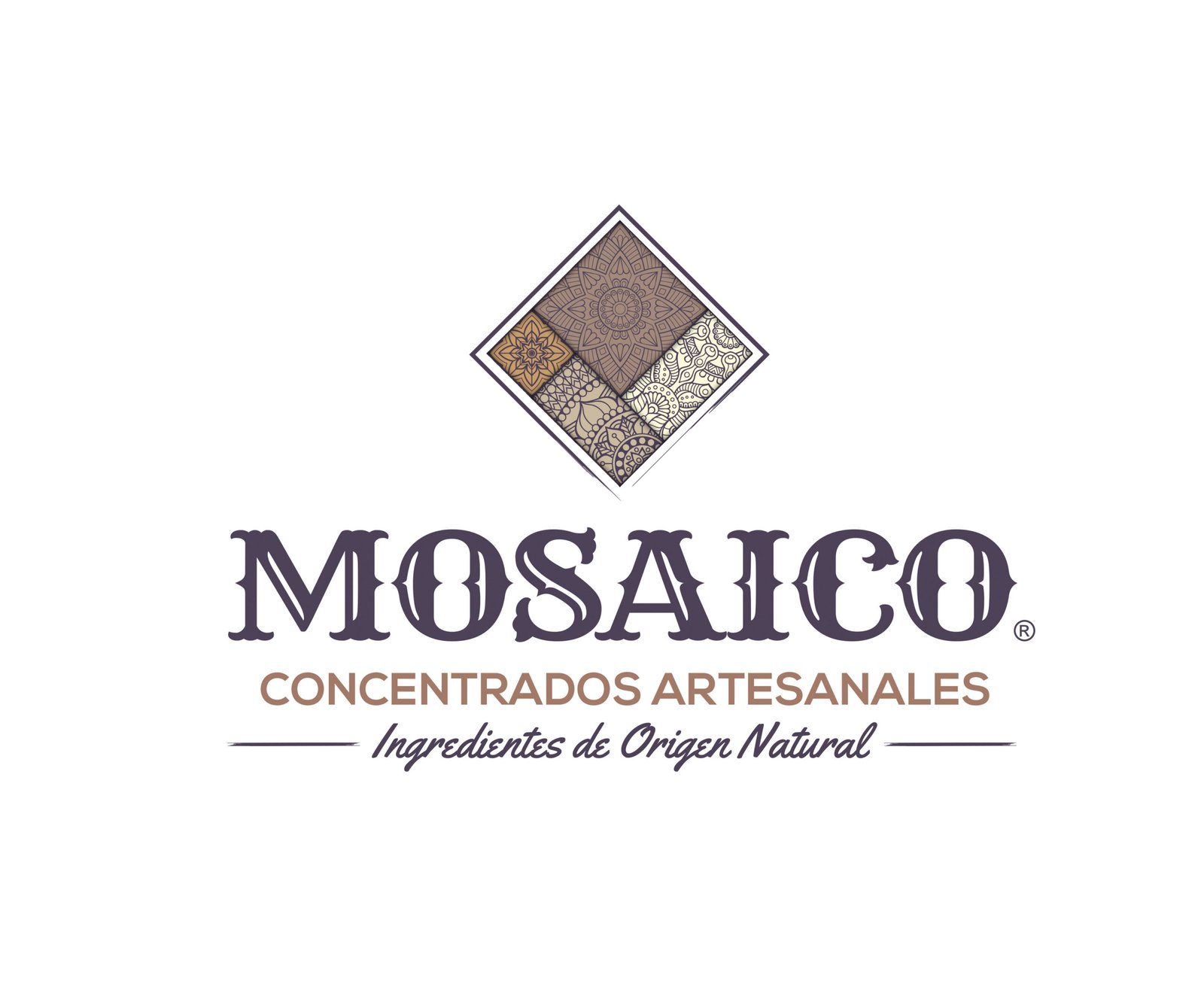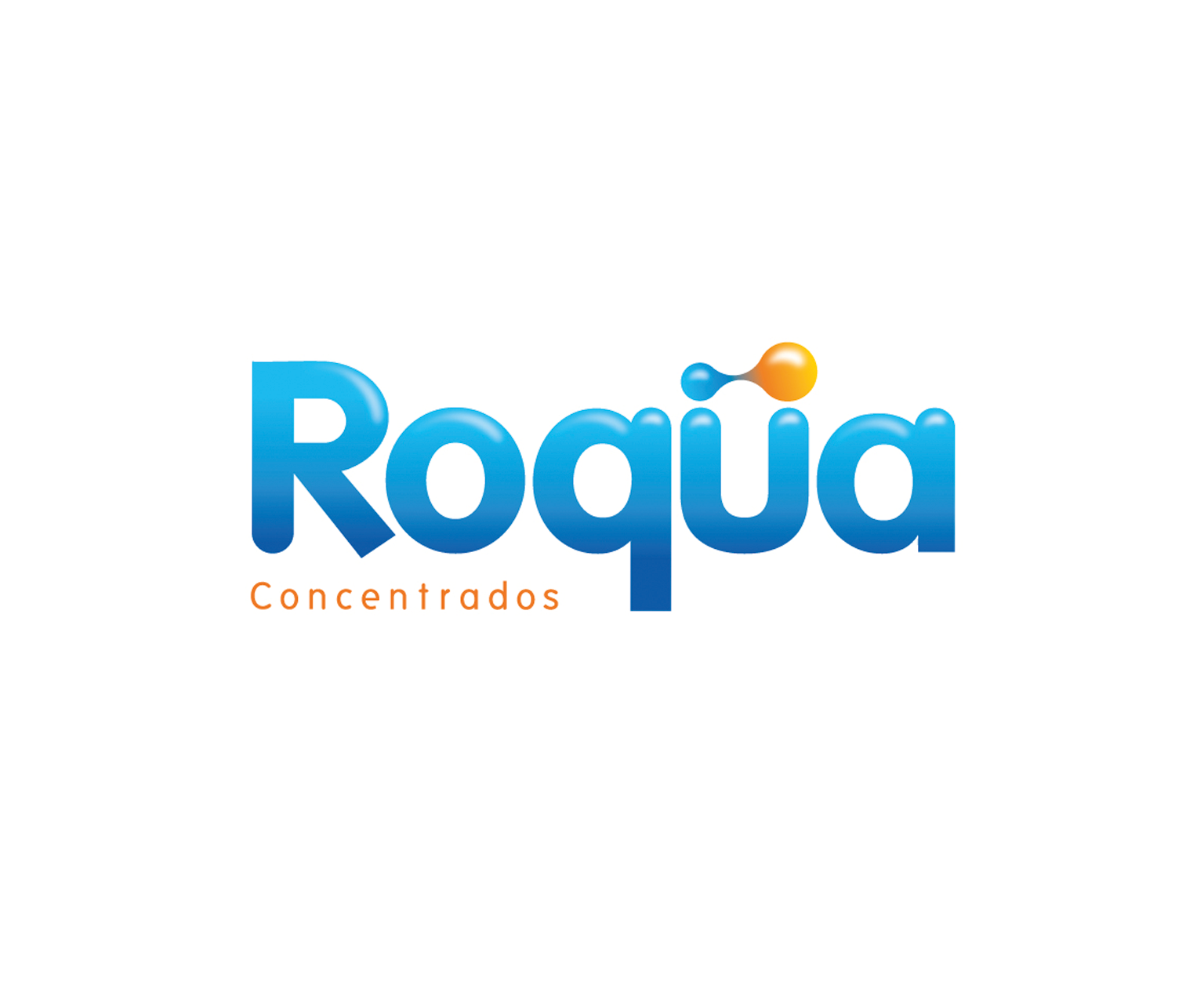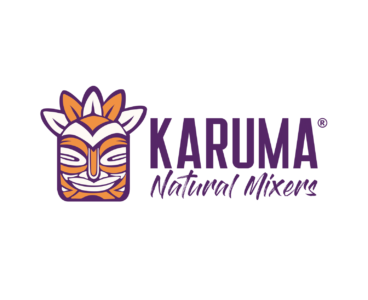Throughout history, mythology has played a crucial role in shaping societal perceptions of wealth and power. These stories, filled with divine figures, heroic deeds, and symbolic objects, serve not only as entertainment but also as a mirror reflecting cultural ideals and aspirations. Understanding the symbolic dimensions of wealth and authority in myth allows us to see how ancient narratives continue to influence modern notions of success and influence.
This article explores how mythological themes underpin our ideas of power and wealth, from ancient gods to contemporary cultural symbols. Key examples include the myth of Medusa, which exemplifies transformation and authority, and how such stories evolve into cultural symbols that inform our current perceptions. For deeper insight, consider the modern reinterpretation of Medusa in contexts like Legend of Medusa™, illustrating how myth continues to inspire new narratives.
- 1. Introduction: Understanding Wealth and Power in Mythology and Society
- 2. Mythological Foundations of Power: How Ancient Cultures Conceptualized Authority
- 3. Mythology as a Reflection of Societal Values and Aspirations
- 4. The Transformation of Myth into Cultural Symbols and Narratives
- 5. Mythology’s Role in Shaping Contemporary Ideas of Wealth and Power
- 6. Hidden Layers: Psychological and Subconscious Influences of Myth on Wealth and Power
- 7. Critical Perspectives: Challenging Traditional Mythological Narratives of Power
- 8. Conclusion: The Continuing Legacy of Mythology in Shaping Our Ideas of Wealth and Power
1. Introduction: Understanding Wealth and Power in Mythology and Society
a. Defining wealth and power: cultural and symbolic dimensions
Wealth and power extend beyond material possessions and political authority; they encompass symbolic and cultural meanings that define societal hierarchies. In mythology, wealth often appears as divine favor or supernatural abundance, symbolizing legitimacy and divine endorsement. Power, similarly, manifests through divine rights or heroic authority, emphasizing moral and spiritual legitimacy rather than mere physical control.
b. The role of myth in shaping societal ideals and values
Mythological narratives serve as cultural blueprints, embedding societal ideals into shared stories. They influence perceptions of what constitutes true wealth—often linked to divine grace or moral virtue—and legitimize authority through divine endorsement. These stories establish moral hierarchies and ideals that underpin societal structure, inspiring individuals to pursue not only material success but also moral and spiritual excellence.
c. Overview of the article’s approach and key examples, including Legend of Medusa™
This article examines how mythological symbols and narratives continue to shape modern ideas of wealth and power. We explore foundational myths of authority, how myths reflect societal values, and how ancient stories transform into enduring cultural symbols. A key example is the legend of Medusa, which exemplifies themes of transformation, authority, and punishment—concepts that resonate in contemporary culture through reinterpretations like Legend of Medusa™.
2. Mythological Foundations of Power: How Ancient Cultures Conceptualized Authority
a. Gods, heroes, and divine rights as models of authority
In many ancient societies, divine figures embodied ultimate authority. Greek gods like Zeus and Athena exemplify divine sovereignty, while heroes such as Hercules symbolize moral strength and personal power. These figures serve as models of legitimate authority, rooted in divine or moral right, which legitimizes political rule and social hierarchy.
b. Symbols of power in mythological narratives
Mythological stories are rich with symbols—thrones, crowns, weapons, and sacred objects—that represent authority. For example, Zeus’s thunderbolt signifies divine power, while Medusa’s gaze symbolizes a form of divine punishment and authority. These symbols reinforce societal notions that true power is rooted in supernatural or divine endorsement.
c. The influence of myth on political legitimacy and leadership
Mythological narratives underpin the legitimacy of rulers by linking their authority to divine or heroic origins. Egyptian pharaohs claimed divine descent, and Roman emperors associated their power with gods. Such stories foster societal acceptance of hierarchies and leadership, illustrating that power is often perceived as a sacred trust rather than mere control.
3. Mythology as a Reflection of Societal Values and Aspirations
a. Wealth as divine favor and supernatural endorsement
In many myths, wealth is depicted as a sign of favor from gods or supernatural beings. The Golden Fleece sought by Jason symbolizes divine blessing and prosperity, while the abundance of the gods reflects spiritual and material richness rooted in divine approval.
b. Power as moral authority and social hierarchy
Power in myths often correlates with moral virtue or divine justice. The hero’s journey, such as that of Odysseus, embodies the pursuit of moral authority, demonstrating that true power involves moral integrity and societal approval, reinforcing social hierarchies based on virtue.
c. The intersection of material and spiritual wealth in myths
Myths blur the lines between material and spiritual wealth, emphasizing that ultimate prosperity involves both. The Tree of Life or the Fountain of Youth symbolize eternal spiritual and material abundance, illustrating that genuine wealth encompasses both tangible possessions and moral or spiritual fulfillment.
4. The Transformation of Myth into Cultural Symbols and Narratives
a. Mythical objects and their societal meanings
Objects like Medusa’s head or Thor’s hammer symbolize authority, divine power, or protection. Medusa’s head, in particular, represents both a curse and a source of power, embodying themes of transformation and divine punishment that have persisted into modern symbolism.
b. Rituals and stories reinforcing social order
Myth-based rituals, such as offerings to gods or initiation rites, reinforce societal hierarchies and values. These stories and practices serve to legitimize authority and remind communities of shared moral codes, often centered around mythic symbols like Medusa, whose story underscores themes of punishment and transformation.
c. Case study: The Medusa myth as a symbol of power and transformation
- Perseus’s quest and the gift of Medusa’s head to Athena: This act symbolizes mastery over chaos and danger, transforming a cursed being into a divine tool of justice.
- Medusa’s curse and its implications for authority and punishment: Medusa’s transformation into a monster reflects themes of divine punishment, serving as a moral lesson about hubris and the dangers of overreach.
- Modern interpretation in Legend of Medusa™: As a cultural symbol, Medusa represents transformation, resilience, and empowerment, shifting from mythic curse to emblem of strength—showcased in contemporary narratives like Legend of Medusa™.
5. Mythology’s Role in Shaping Contemporary Ideas of Wealth and Power
a. How mythological archetypes influence modern leadership and success narratives
Archetypes such as the hero, the ruler, or the wise elder continue to influence modern leadership ideals. Stories of gods and heroes inform how societies perceive the qualities necessary for success and authority—attributes like resilience, moral virtue, and divine favor.
b. The enduring symbolism of Medusa in modern culture, art, and branding
Medusa has transcended myth to become a symbol of empowerment, resilience, and transformation in contemporary culture. Artists, designers, and brands leverage her image to evoke strength and defy traditional notions of power rooted in fear and punishment.
c. Mythology in popular media: reinforcing or challenging societal notions
Modern media often reinterpret mythic symbols, either reinforcing traditional ideas or challenging them. Films, literature, and advertising use figures like Medusa to question authority, highlight resilience, or explore themes of transformation and empowerment.
6. Hidden Layers: Psychological and Subconscious Influences of Myth on Wealth and Power
a. Archetypes and collective unconscious
Carl Jung’s theory of archetypes suggests that mythic symbols tap into a collective unconscious shared across cultures. These archetypes—such as the hero, the shadow, or the anima—shape individual and societal ideas about power and success, often operating below conscious awareness.
b. Myth as a tool for internalizing societal expectations and personal ambitions
People internalize mythic narratives to navigate their ambitions. For example, stories of divine favor motivate individuals to pursue success, while myths of punishment and transformation serve as cautionary tales about hubris and moral integrity.
c. Examples from history and media that mirror mythological themes
Historical figures like Alexander the Great sought divine legitimacy, echoing mythic themes of divine right. Similarly, modern stories of entrepreneurs or leaders often mirror mythic archetypes, emphasizing resilience, mastery, and moral virtue.
7. Critical Perspectives: Challenging Traditional Mythological Narratives of Power
a. Feminist and post-colonial critiques of mythological symbols like Medusa
Feminist critics interpret Medusa as a symbol of the oppressed, challenging the traditional view of her as merely a monster. Post-colonial perspectives highlight how myths legitimize imperial power, prompting reevaluation of these stories’ roles in societal structures.
b. Reinterpreting myths: from symbols of fear to symbols of empowerment
Contemporary reinterpretations cast Medusa as a figure of resilience, empowering marginalized groups and inspiring new narratives around strength and transformation. Such shifts demonstrate the malleability of mythic symbols in challenging traditional notions of authority.
c. The potential for myths to inspire new visions of wealth and power
By critically engaging with myth, societies can forge new models of success—ones that prioritize moral virtue, resilience, and collective well-being over domination and fear, as exemplified by reinterpretations like Legend of Medusa™.
8. Conclusion: The Continuing Legacy of Mythology in Shaping Our Ideas of Wealth and Power
a. Summarizing the influence of mythology across eras
Mythology remains a powerful source of symbols and narratives that shape our understanding of wealth and authority. From divine kingship to modern branding, these stories inform perceptions of what it means to be successful and powerful.
b. The importance of understanding myth’s role in shaping societal values today
By critically examining mythic symbols like Medusa, we can better understand the origins of our societal ideals and challenge outdated notions. Recognizing myth’s influence empowers us to craft more inclusive and resilient visions of success and authority.
c. Encouraging critical engagement with mythological symbols, including Legend of Medusa™
Modern reinterpretations demonstrate that myths are not static; they evolve to reflect contemporary values. Engaging critically with symbols like Medusa helps us reimagine what wealth and power can mean in today’s society.












